Apple’s M5 chip will not be 2 nm

Apple has reportedly placed an order for its next M-series chips: the M5. However, despite reports of Apple hogging TSMC’s 2 nm supply it seems that the M5 will remain a 3 nm chip like its predecessor. This decision has allegedly been made because the 2 nm fabrication process is still too costly, even for Apple whose products usually cost a fair bit more than the competition.
Worth keeping in mind is that modern chipsets aren’t actually what they are advertised as. A modern 3 nm chip doesn’t necessarily mean that the elements within its transistors are actually spaced 3 nm apart. Modern chip measurements are just marketing that has stuck around to make things clearer for the average consumer.
Despite that fact it also doesn’t mean that the M5 won’t see any improvements over the M4. If that were the case then it would be quite pointless to make a new chip in the first place. However, the M5 will likely not improve upon the M4 to the extent it could have had Apple went with “2 nm” chipsets instead.

It doesn’t help that global politics surrounding chipset manufacturing are heating up in light of the recent U.S. election. President elect Donald Trump has proposed strict tariffs on foreign imports and has accused TSMC of stealing American business and placing it in Taiwan.
Furthermore, other companies wish to separate themselves from global supply chains by producing chipsets of their own. Xiaomi is apparently in the final stages of production for its homemade 3 nm chip while Samsung Foundry is struggling and on the verge of total collapse.
The M5 chip may end up being used in newer iPad models that will debut later this year. New MacBook Pro laptops may also come out with M5 chips. Lastly, there are rumors of a Vision Pro successor powered by the M5 chip as well, though that is still up in the air.
Nevertheless — 3 nm or not — the M5 chip will very likely follow the trend of marginal annual improvements. It doesn’t look like we’re going to see another massive jump like the Intel-to-Apple-silicon one for quite some time.
Despite that fact it also doesn’t mean that the M5 won’t see any improvements over the M4. If that were the case then it would be quite pointless to make a new chip in the first place. However, the M5 will likely not improve upon the M4 to the extent it could have had Apple went with “2 nm” chipsets instead.

The iPad Pro M4 runs on 3 nm technology. | Video credit — Apple
It doesn’t help that global politics surrounding chipset manufacturing are heating up in light of the recent U.S. election. President elect Donald Trump has proposed strict tariffs on foreign imports and has accused TSMC of stealing American business and placing it in Taiwan.
Furthermore, other companies wish to separate themselves from global supply chains by producing chipsets of their own. Xiaomi is apparently in the final stages of production for its homemade 3 nm chip while Samsung Foundry is struggling and on the verge of total collapse.
The M5 chip may end up being used in newer iPad models that will debut later this year. New MacBook Pro laptops may also come out with M5 chips. Lastly, there are rumors of a Vision Pro successor powered by the M5 chip as well, though that is still up in the air.
Nevertheless — 3 nm or not — the M5 chip will very likely follow the trend of marginal annual improvements. It doesn’t look like we’re going to see another massive jump like the Intel-to-Apple-silicon one for quite some time.

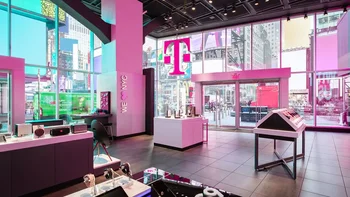
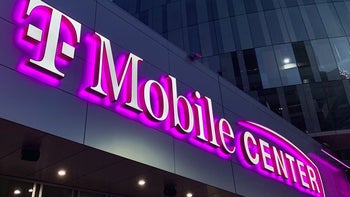


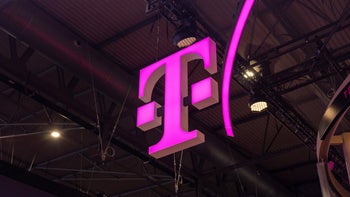
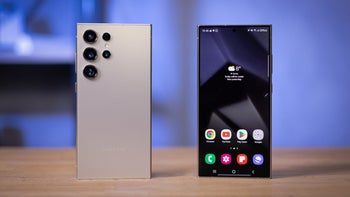
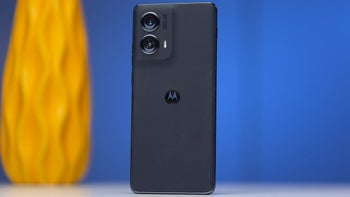

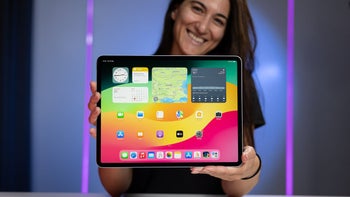
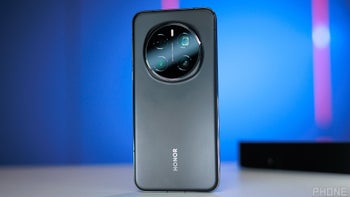
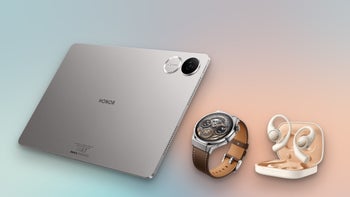
Things that are NOT allowed: